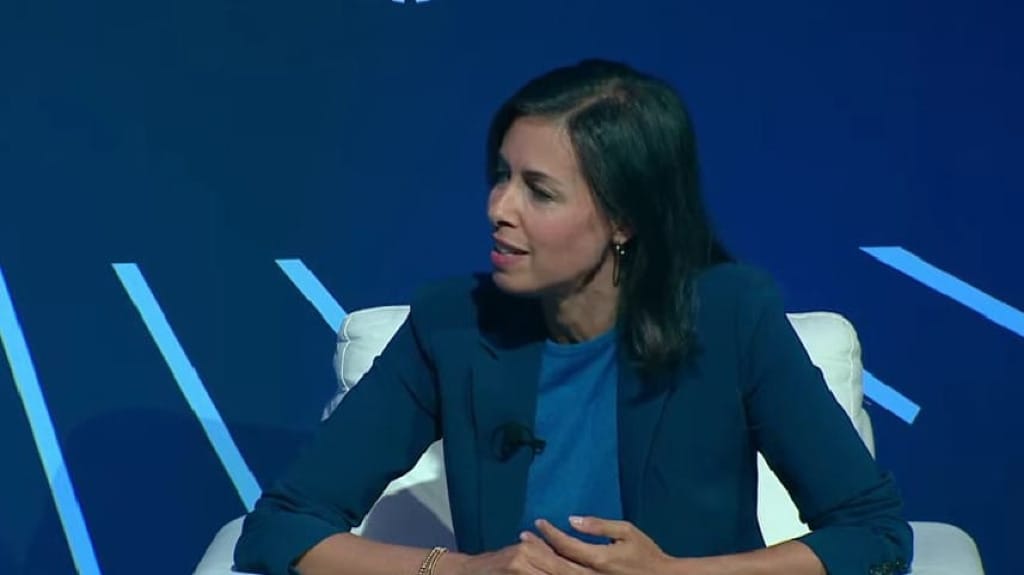FCC Chair Wants More Competition to SpaceX's Starlink
The FCC's Space Bureau is helping competitors navigate the LEO satellite market.
Jericho Casper

WASHINGTON, September 12, 2024 – Federal Communications Commission Chairwoman Jessica Rosenworcel said Wednesday the agency was taking steps to increase competition in the low-Earth orbit satellite internet sector.
Speaking at the U.S. Chamber of Commerce’s Global Aerospace Summit, Rosenworcel emphasized the need for new players to enter the market, warning that monopolies stifle innovation and lead to higher prices. “We see lower prices and more innovation, and honestly, space should be no exception,” Rosenworcel said.
While Rosenworcel did not directly name SpaceX, her remarks targeted the company’s dominant position, with its Starlink system now controlling nearly two-thirds of active satellites in orbit. Owner Elon Musk recently said that Starlink will likely deliver more than 90% of all cargo – satellites, spacecraft, and equipment – going into space this year.
Rosenworcel discussed steps the FCC has taken to invite more competitors into space through the creation of its Space Bureau.
The year-old division at the FCC was created to help new entrants navigate the regulatory complexities of satellite operations, providing a clearer path for companies, like Amazon’s Project Kuiper and AST SpaceMobile, to rival established players like SpaceX.
As FCC chair, Rosenworcel said she has led a significant restructuring of the commission to support U.S. leadership in satellite communications.
“It's been over a year, and since the time we reorganized, we've done a whole lot,” she said.
“We have streamlined the process for filing for satellite licenses. We have also set aside spectrum for space launches and for satellite use. We have updated our orbital debris policies, and put out a framework for in-space servicing, assembly and manufacturing” that could assist in repairing and refueling satellites in space.
Rosenworcel added one of the commission’s key achievements under her leadership has been the development of a world-first framework that integrates satellite functionality into mobile devices, ensuring satellite communications as a backup for terrestrial networks.
The FCC chair also mentioned an upcoming vote to make more airwaves available for satellite communications. Rosenworcel indicated that the agency will allocate 1,300 megahertz in the 17 GHz band for high-throughput satellite communications during its Sept. 26 meeting.









Member discussion